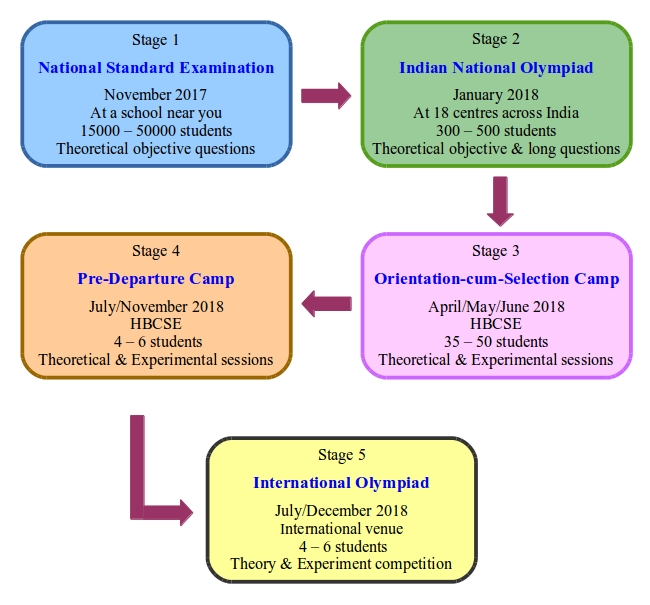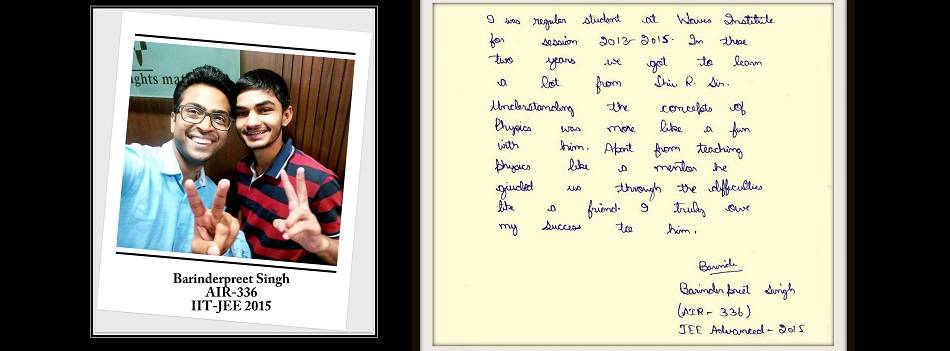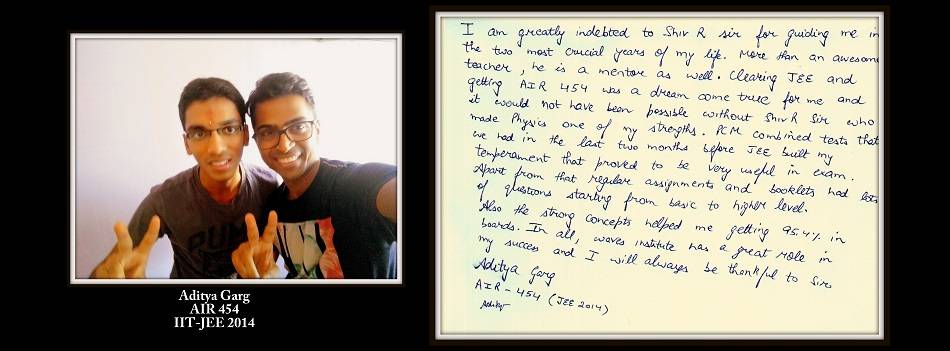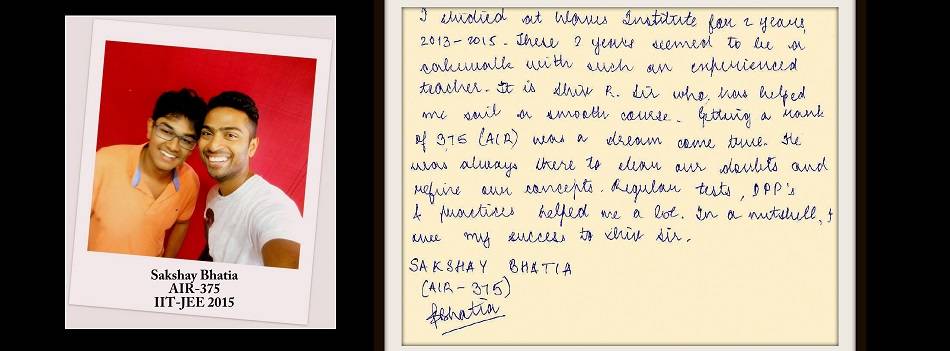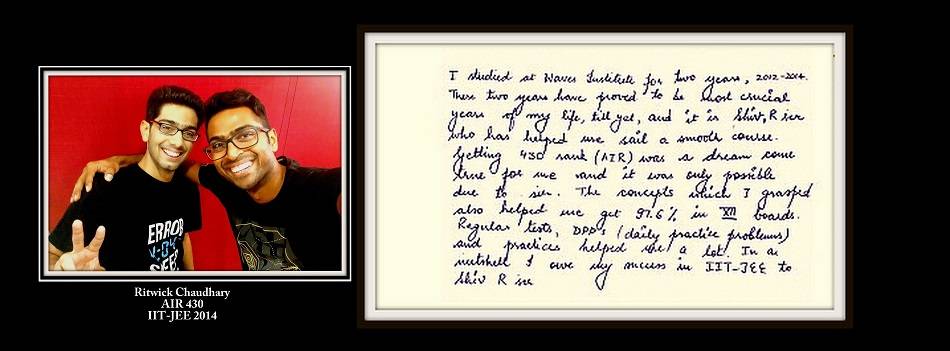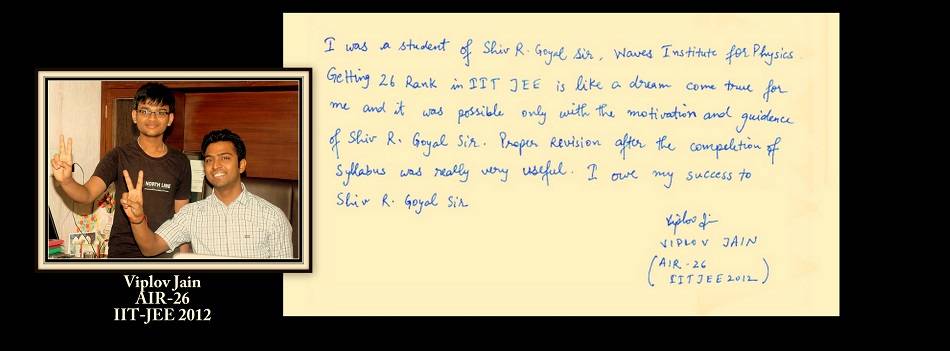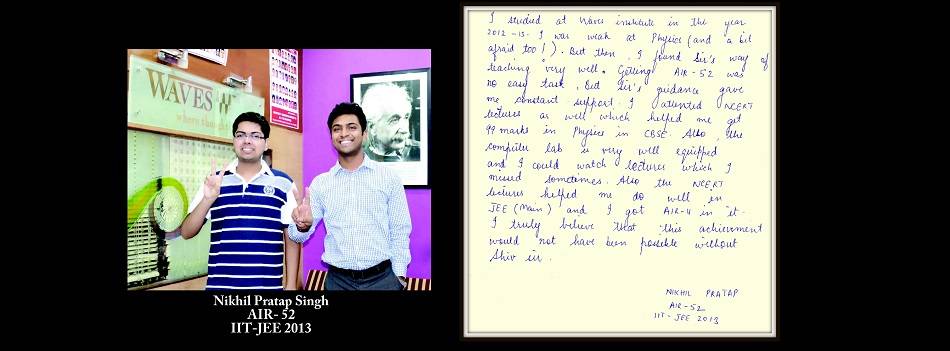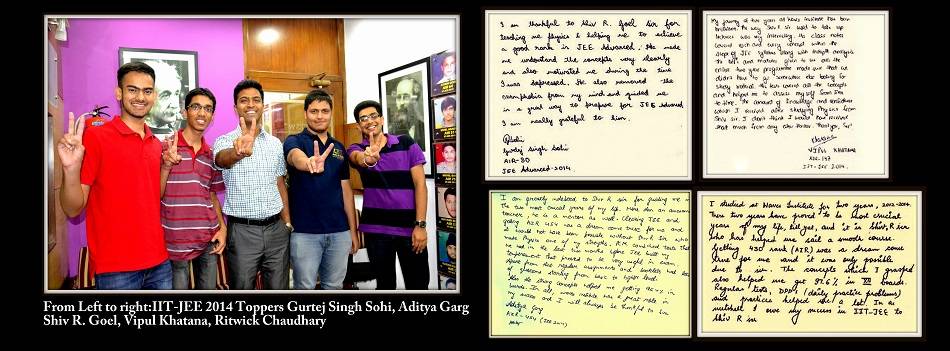Below are all SAT test dates for 2017-18, as confirmed by the College Board. All the registration deadlines and online score release dates have been officially confirmed as well.
SAT Test Dates 2017-18 (US)
This testing year marks the first time there will be an August test date and no January test date. This August test date is only offered in the US.
|
Test Date
|
Normal Deadline
|
Late Registration*
|
Online Score Release
|
|
August 26, 2017
|
July 28, 2017
|
August 15, 2017
|
September 18, 2017
|
|
October 7, 2017
|
September 8, 2017
|
September 27, 2017
|
October 26, 2017
|
|
November 4, 2017
|
October 5, 2017
|
October 25, 2017
|
November 23, 2017
|
|
December 2, 2017
|
November 2, 2017
|
November 21, 2017
|
December 21, 2017
|
|
March 10, 2018**
|
February 9, 2018
|
February 28, 2018
|
March 29, 2018
|
|
May 5, 2018
|
April 6, 2018
|
April 25, 2018
|
May 24, 2018
|
|
June 2, 2018
|
May 3, 2018
|
May 23, 2018
|
July 11, 2018
|
*The late registration deadline is typically one week earlier if you are registering by mail.
**Regular SAT only.
SAT Test Dates 2017-18 (International)
Starting in 2018, the March SAT test date will be available outside the US; however, this is only for the regular SAT, not the SAT Subject Tests. By contrast, the international November and June test dates will offer SAT Subject Tests only.
|
Test Date
|
Registration Deadline
|
Online Score Release
|
|
October 7, 2017
|
September 8, 2017
|
October 26, 2017
|
|
November 4, 2017*
|
October 5, 2017
|
November 23, 2017
|
|
December 2, 2017
|
November 2, 2017
|
December 21, 2017
|
|
March 10, 2018**
|
February 9, 2018
|
March 29, 2018
|
|
May 5, 2018
|
April 6, 2018
|
May 24, 2018
|
|
June 2, 2018*
|
May 3, 2018
|
July 11, 2018
|
*SAT Subject Tests only.
**Regular SAT only.
How to Choose an SAT Test Date: 4 Key Tips
#1: Know Your Deadlines
The most important thing to remember is to take your SAT early enough so that your scores will arrive before your college application deadlines. The most common regular decision deadline is January 1, and the most common early action deadlines are November 1 and 15.
The College Board typically sends SAT scores to schools (for your four free score reports) within 10 days after you receive your scores online. Check the Online Score Release columns in the tables above for exact score release dates.
That said, some schools can take a week to process SAT scores they've received. As a rule, then, try to stick with SAT test dates that are at least five or six weeks before your application deadlines(seven or eight weeks if you think you'll need to order additional score reports).
Below is a handy chart listing common application deadlines and their latest recommended and latest possible SAT test dates. The latest recommended dates are all but guaranteed to get your scores to your schools in time, whereas the latest possible dates have a much higher risk of delivering your scores after your deadlines. As with anything, weigh your options carefully before making a decision!
|
College App Deadline
|
Latest Recommended SAT Date
|
Latest Possible SAT Date*
|
|
October 15
|
August
|
August
|
|
November 1
|
August
|
October
|
|
November 15
|
October
|
October
|
|
November 30
|
October
|
November
|
|
December 1
|
October
|
November
|
|
December 15
|
November
|
November
|
|
January 1
|
November
|
December
|
|
January 10-15
|
December
|
December
|
|
February 1
|
December
|
December
|
|
February 15
|
December
|
December
|
|
March 1
|
December
|
December
|
|
March 15
|
December
|
December
|
|
April 1
|
December
|
March
|
|
April 15
|
December
|
March
|
|
May 1
|
March
|
March
|
|
May 15
|
March
|
March
|
|
June 1
|
March
|
May
|
|
June 15
|
March
|
May
|
|
July 1
|
May
|
June
|
|
July 15
|
May
|
June
|
|
August 1
|
June
|
June
|
|
August 15
|
June
|
June
|
|
September 1
|
June
|
June
|
*These dates might get your scores to your schools in time or they might not! So choose wisely.
Don't forget about SAT scholarship deadlines, either. If you want to get any scholarships that consider your SAT score, you’ll need to have your test scores sent out before your scholarship deadlines. Oftentimes, these deadlines are the same as college application deadlines.
#2: Set Aside Time for Retakes
Most students improve their scores when they take the SAT again, so you'll want to give yourself an opportunity to take the test multiple times.
Generally, we suggest doing the following:
- Take your first SAT in the fall of your junior year.
- Take your second SAT in the spring of your junior year.
- Take your third SAT in the summer/fall of your senior year (if necessary).
If you can't (or didn't) take the SAT in the fall as a junior, don't sweat it—just take it as soon as you can in the spring, ideally in March. This way you'll still have several opportunities to retake the SAT in June, August, and the fall (as a senior).
However, try not to choose any back-to-back SAT sessions, especially in the fall of your senior year. SATs are scheduled so closely together that you often won't even receive your scores until the late registration deadline for the following test date has already passed!
You also likely won't have enough time to study effectively in-between tests, so space out your SATs—your weary brain will thank you for it!
#3: Come Up With a Solid Study Plan
When selecting an SAT test date, you'll want to give yourself enough time to prepare for the exam. We generally advise studying for three to six months. But no matter how long (or how short) your time frame is before test day, you should always know how many hours you must study in order to hit your goal score.
Our estimates for study hours and total point improvements on the SAT are as follows:
- 0-30 point improvement: 10 hours
- 30-70 point improvement: 20 hours
- 70-130 point improvement: 40 hours
- 130-200 point improvement: 80 hours
- 200-330 point improvement: 150 hours+
According to these estimates, the more points you want to score on the SAT, the more hours you'll need to dedicate to studying. For help with developing a surefire study plan, start with our guide on how to study for the SAT, and then take a look at these sample study plans.
As with any test, make sure you're not trying to squeeze in too many study hours every day—wearing yourself down won't help you get a higher score, promise!
#4: Note Any Conflicts With Test Dates
Our final tip is to check to see whether you'll have any potential conflicts on or around your desired SAT test date.
For example, maybe the March test date is during your basketball playoffs, and you’ll be too busy to study. Or perhaps you want to avoid the May test date since you’ll be focusing on preparing for AP tests.
Although it can be difficult to carve out time during which you can fully devote yourself to the SAT, you don't want to overwhelm yourself with too many tests or other obligations. So grab a calendar, check your schedule, and choose the SAT test date that works best with your free time.
